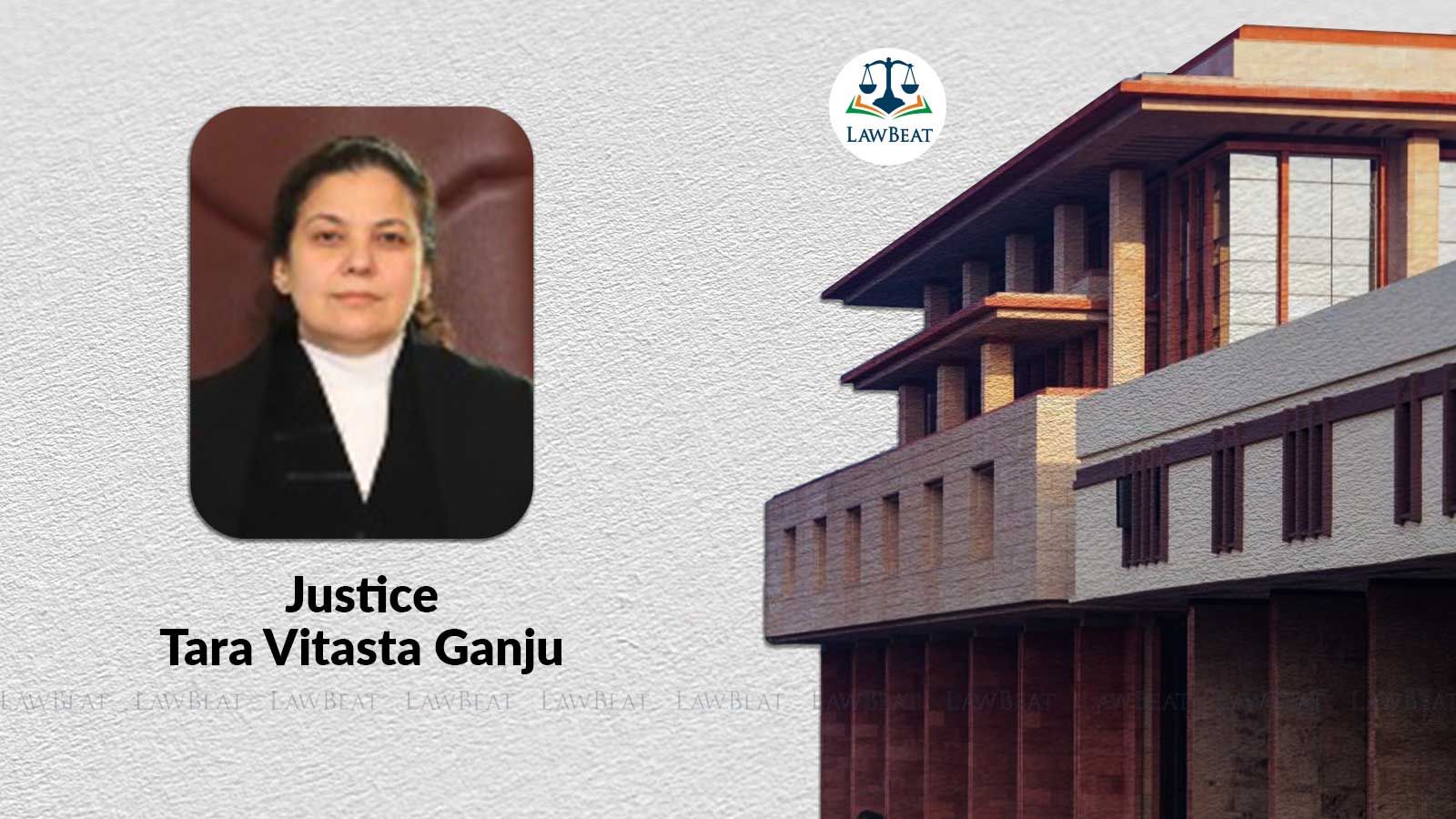Once Compensation Has Been Awarded To Acid Attack Victim, It Cannot Be Arbitrarily Reduced Below The Minimum Threshold: Delhi HC

“The Scheme provides adequate discretion in Clause 9 to decline compensation by giving valid reasons, to safeguard any misuse of the Scheme, if the need so arises. However, once a decision has been made to award compensation, it cannot be arbitrarily reduced below the minimum threshold as has been provided for” the bench of Justice Tara Vitasta Ganju held.
The Delhi High Court, recently, held that once a decision has been made to award compensation to an acid attack victim under the Delhi Victim Compensation Scheme (2015), the same cannot be arbitrarily reduced below the minimum threshold, of INR 3 Lakhs, provided under the provisions.
A senior citizen and practicing doctor entered a property sale agreement in July 2017 with Rakesh Tanwar, leading to disputes and legal proceedings. During the pendency of the case, on February 18, 2018, the Petitioner alleged that Tanwar and associates forcibly entered her residence, assaulted her, and threw acid. The Petitioner suffered superficial burns on her legs while seeking refuge in the bathroom, where a heating rod caught fire, causing the assailants to flee. An FIR was lodged on February 19, 2018.
On October 12, 2018, the Petitioner sought interim compensation of ₹3,00,000 from the District Magistrate under a relevant scheme. After inaction by authorities, she filed a writ petition, prompting the Government to disburse ₹30,000 based on the recommendation of the Criminal Injuries Compensation Board (CICB). The CICB, which included judicial and medical officials, assessed the Petitioner’s injuries as 5–6% superficial burns.
Advocate Sanjana Srikumar, for the petitioner, argued that the Government failed to adhere to the mandatory minimum compensation range of ₹3–5 lakhs specified in the scheme for acid attack victims. Advocate Srikumar claimed that the Government's classification of the injury as a "simple injury" disregarded the Schedule’s provisions, undermining legislative intent and judicial precedents.
In response, Advocate Aayush Agarwala contended that Respondent no 4 Delhi State Legal Services Authority (DSLSA) properly exercised the discretionary authority to determine compensation, which could consider various factors or decline compensation. They argued the scheme differentiated "acid attack" from "acid burn," asserting that the Petitioner’s injuries did not qualify as an acid attack. Additionally, reliance was placed on a police closure report that did not substantiate the acid attack allegations.
The court rejected the argument of DSLSA that Clauses 8 and 9 grant discretionary powers to determine the compensation amount in acid attack cases. It was contended that awards below ₹3 lakhs could be granted. However, a detailed examination of these clauses by the court revealed no such discretion. Clause 8 specifies the factors influencing compensation decisions, and Clause 9 outlines the grounds for completely denying compensation. Neither clause grants the authority to arbitrarily adjust compensation amounts in acid attack cases, particularly as the Schedule to the Scheme explicitly stipulates the compensation range, the court highlighted.
The court noted that the Schedule categorizes injuries, specifying a minimum and maximum compensation amount for different types of harm. For acid attacks with injuries less than 50%, the Schedule mandates a minimum of ₹3 lakhs and a maximum of ₹5 lakhs.
“This means that the Respondent No.4 is at liberty to exercise its discretion to examine what amount is to be paid - provided the amount is between Rs.3 lakhs and Rs.5 lakhs This Court finds that such interpretation would be the correct interpretation of the legislative intent of the Scheme especially since it sets out a separate quantification for different types of acid attacks”, the court observed.
The court held that this interpretation aligns with judgments by the Supreme Court, which emphasized the need for adequate rehabilitation and compensation for acid attack victims, underscoring the mandatory minimum of ₹3 lakhs. The Supreme Court, in multiple judgments, reinforced that acid attack victims require substantial rehabilitation and that the Scheme's purpose would be undermined without adequate compensation.
The court clarified that “amount of Rs. 3 lakhs may create an additional burden on the State exchequer, however, it is the duty and obligation of State to prevent these crimes, and as such the State will have to burden these costs”.
The court further clarified that Clause 9 already provides safeguards against misuse by permitting compensation denial with valid reasoning. However, once a decision to award compensation is made, the amount cannot fall below the prescribed minimum threshold.
Based on these findings, the Court allowed the petition, directing DSLSA to award the petitioner a minimum compensation of ₹3 lakhs, deducting any interim compensation already paid.
For Petitioner: Advocate Sanjana Srikumar
For Respondent: Additional Standing Counsel Hetu Arora Sethi with Advocate Arjun Basra for Govt and Advocate Aayush Agarwala for DSLSA
Case Title: XYZ v Govt (2024:DHC:9084)
